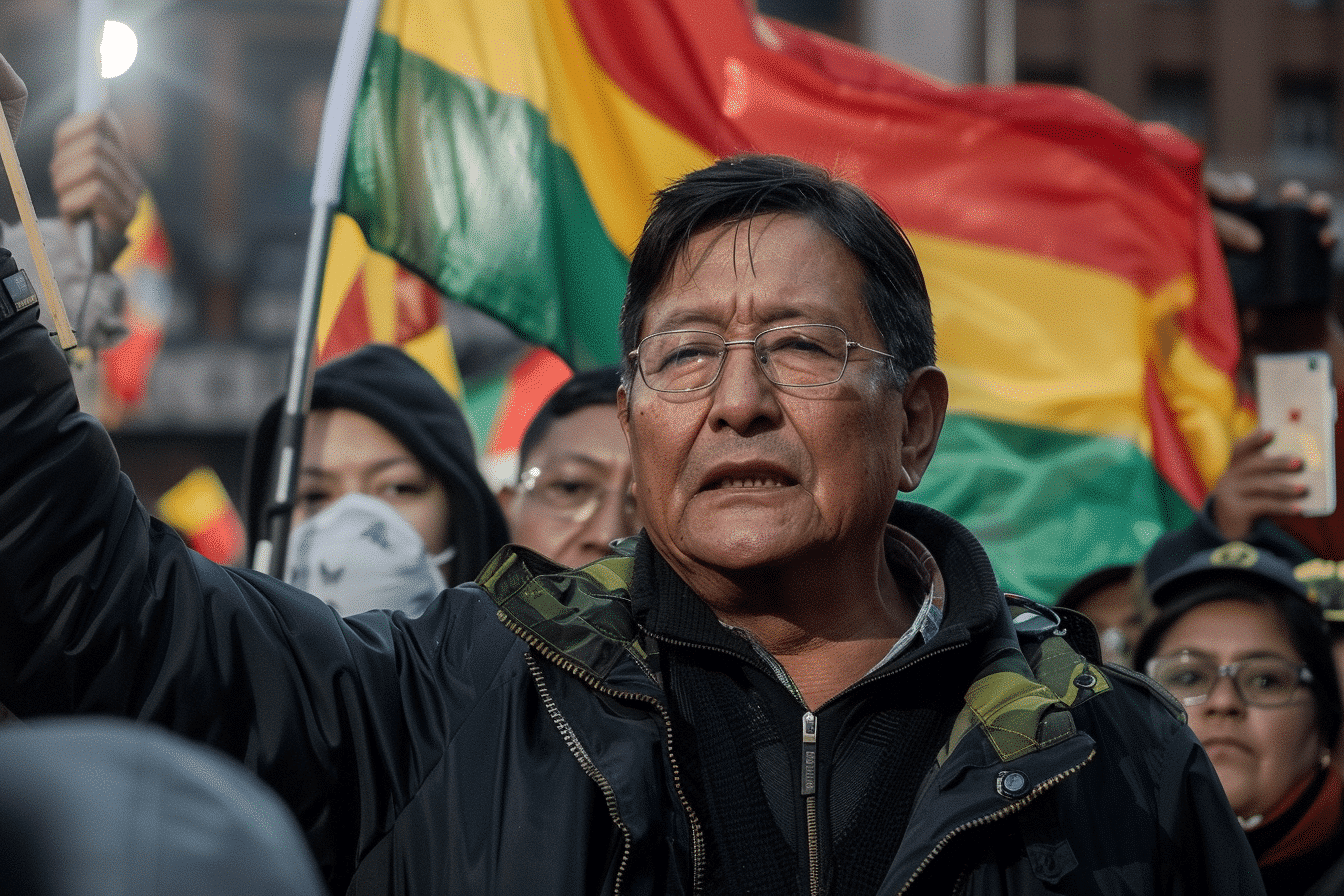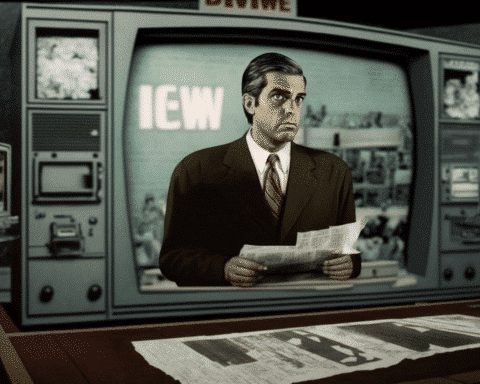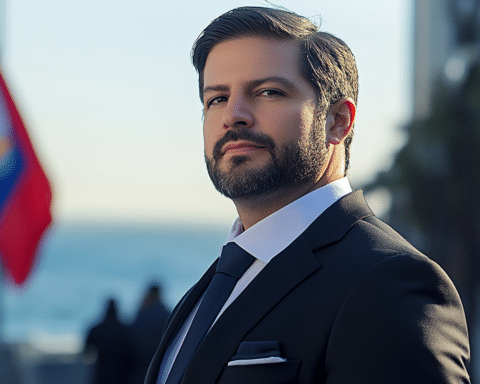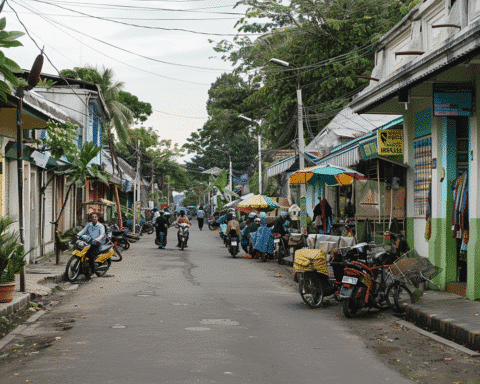President Arce Rejects Coup Allegations as Lies
Bolivian President Luis Arce vehemently rejected accusations of orchestrating a self-coup, labeling the claims as “lies.” Following a failed mutiny, Arce assured those involved, particularly General Juan José Zúñiga, would face justice. “I am not a politician who is going to win popularity through the blood of the people,” Arce asserted Thursday.
The Alleged Coup and Its Fallout
The controversy began when General Zúñiga accused President Arce of ordering a mutiny to bolster his waning popularity. Despite lacking evidence, Zúñiga’s claims stirred speculation. The government responded by arresting 17 individuals, primarily military officers. Among them were army chief General Zúñiga and former navy Vice Admiral Juan Arnez Salvador, charged with armed uprising and attacking government infrastructure. Attorney General César Siles mentioned potential penalties exceeding 15 years in prison.
Evaristo Mamani, a 48-year-old lawyer, reflected the public’s skepticism: “They are playing with the people’s intelligence because nobody believes that it was a real coup.”
Public Support and Political Breathing Room
Arce’s supporters rallied outside the presidential palace as arrests continued, providing the embattled leader with political respite. Riot police secured the palace while Arce addressed his supporters from the balcony. Amidst cheers and fireworks, he declared, “No one can take democracy away from us,” prompting chants of “Lucho, you are not alone!”
Political analyst Paul Coca noted, “The president’s management has been terrible, no dollars, no petrol. Yesterday’s military move will help his image, but it’s no solution.”
An Unusual Coup and Its Implications
Wednesday’s events, marked by military forces seizing the capital’s main square and deploying tear gas, shocked Bolivians. Despite the chaos, the attempted coup ended bloodlessly, with Arce confronting Zúñiga in a dramatic face-off. Diego von Vacano, a Bolivian politics expert at Texas A&M University, remarked, “Arce looked like a victim yesterday and a hero today, defending democracy.”
U.S. Deputy Secretary of State Rich Verma condemned the mutiny from Paraguay, emphasizing the fragility of democracy in the region.
Arce vs. Morales: A Deepening Rivalry
Tensions between Arce and former President Evo Morales have escalated. Morales, Bolivia’s first Indigenous president, plans to challenge Arce in 2025. This rivalry has complicated Arce’s governance, as Morales’ allies in Congress obstruct his efforts.
Defense Minister Edmundo Novillo revealed that Zúñiga’s coup attempt followed a private meeting where Arce dismissed the army chief over threats to arrest Morales. “He admitted that he had committed some excesses,” Novillo said, describing their parting as amicable.
The Future of Bolivia’s Democracy
Despite Arce’s assertions, pro-democracy advocates remain skeptical about the integrity of any government-led investigation. Juan Pappier from Human Rights Watch highlighted the judiciary’s lack of credibility: “Judicial independence is zero; the judiciary’s credibility is on the floor. Not only do we not know today what happened, we probably will never know.”
President Arce faces a tumultuous political landscape marked by economic challenges and fierce opposition. While the recent rally bolstered his position, the future remains uncertain as Bolivia navigates through these turbulent times.




